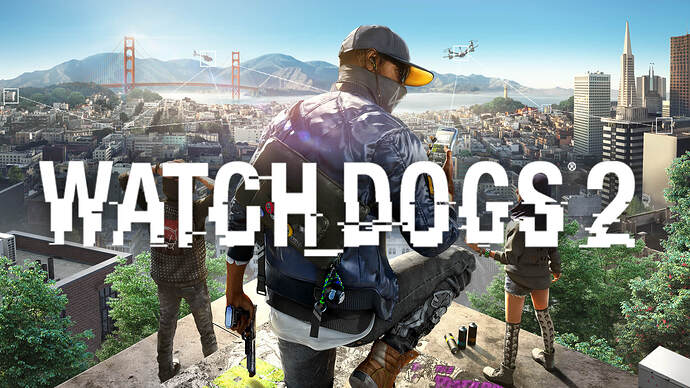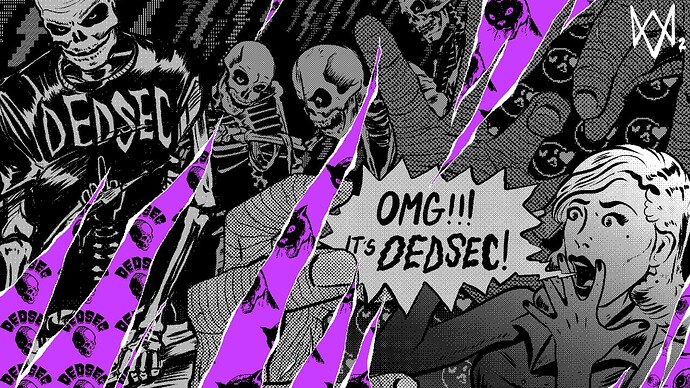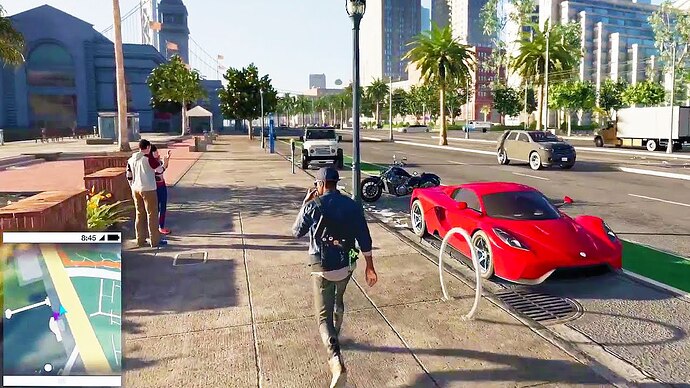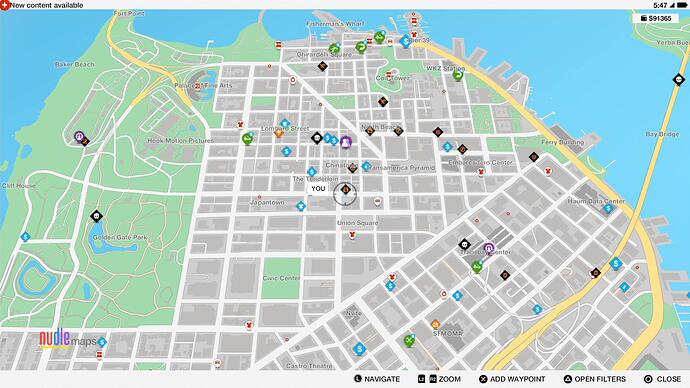About games, board, PC and console
I recently completed Watch Dogs 2, and it effectively highlights the issues of privacy in modern society, depicting a world where technology infiltrates all aspects of life. The storyline revolves around surveillance, tracking, and data collection. The in-game ctOS 2.0 system controlling the city reflects real-world threats of mass surveillance, reminding players of the modern challenges to privacy, where online actions, movements, and habits can be gathered and used without consent. The game encourages reflection on control over personal data, its security, and how corporations or government structures can influence life through such information.
Watch Dogs 2 provides a dynamic open world, full of diverse activities and opportunities. It stands apart from its predecessor with a focus on fun, light-hearted gameplay, and a vibrant tone. San Francisco serves as a perfect setting for experimenting with the protagonist Marcus’ hacking abilities, adding a sense of freedom and variety in mission approaches.
The hacking mechanics are well-thought-out, adding a strategic layer to classic action gameplay, though they sometimes feel glamorized and simplified. A significant advantage is the ability to use different play styles: most missions can be completed through stealth and non-lethal tactics or by taking a more aggressive, weapon-based approach.
Sometimes, the plot and dialogues seem a bit shallow, reducing complex privacy and social responsibility issues to the simple “good hackers” vs. “bad corporations” trope. Additionally, despite addressing realistic and relevant privacy concerns, the game does not always portray them with full seriousness, potentially limiting deeper immersion into these themes.
Overall, Watch Dogs 2 is an engaging action game with a modern take on privacy and digital technology themes. It’s a fun adventure that provokes thought on how secure our data really is and how modern technologies impact our daily lives.



